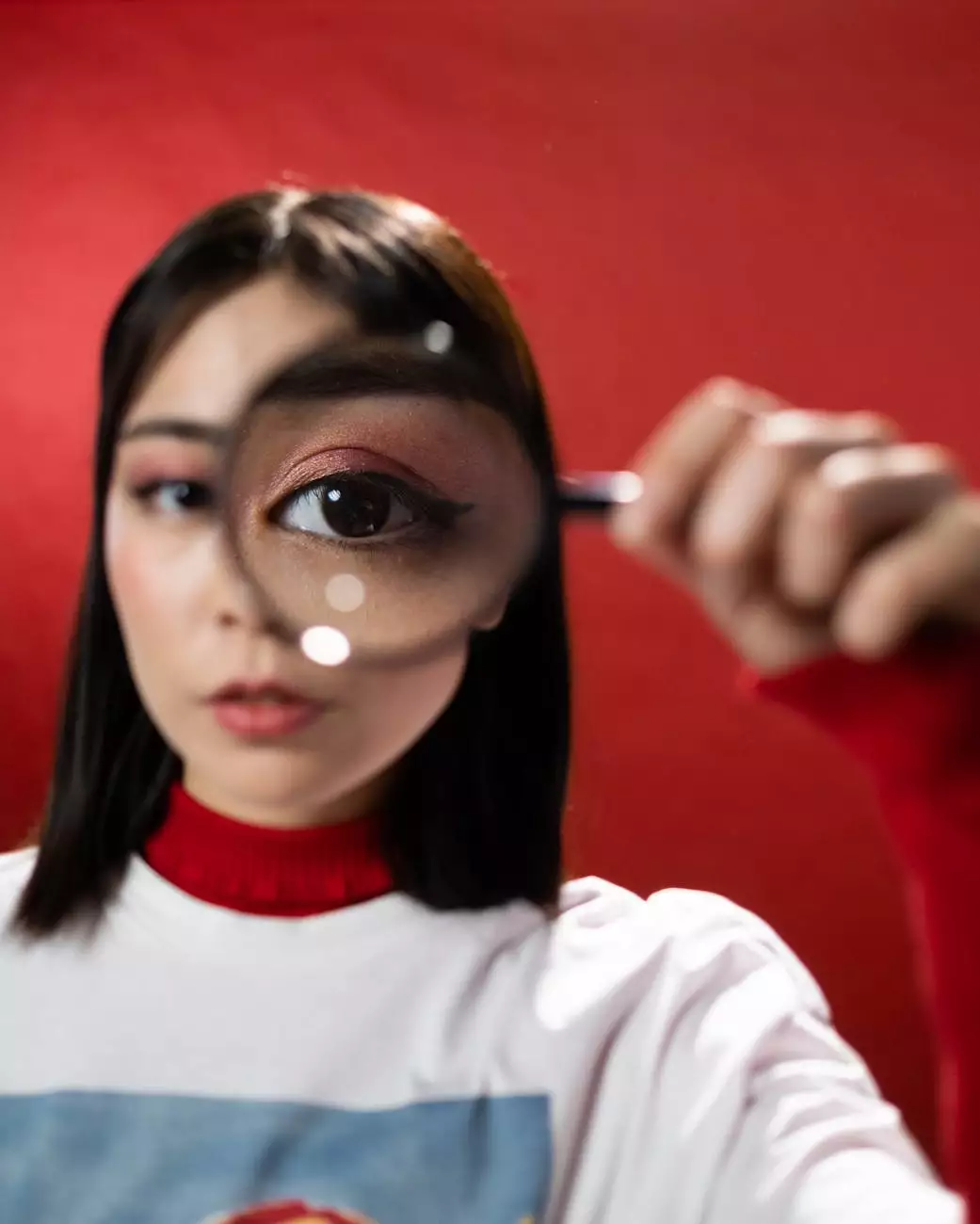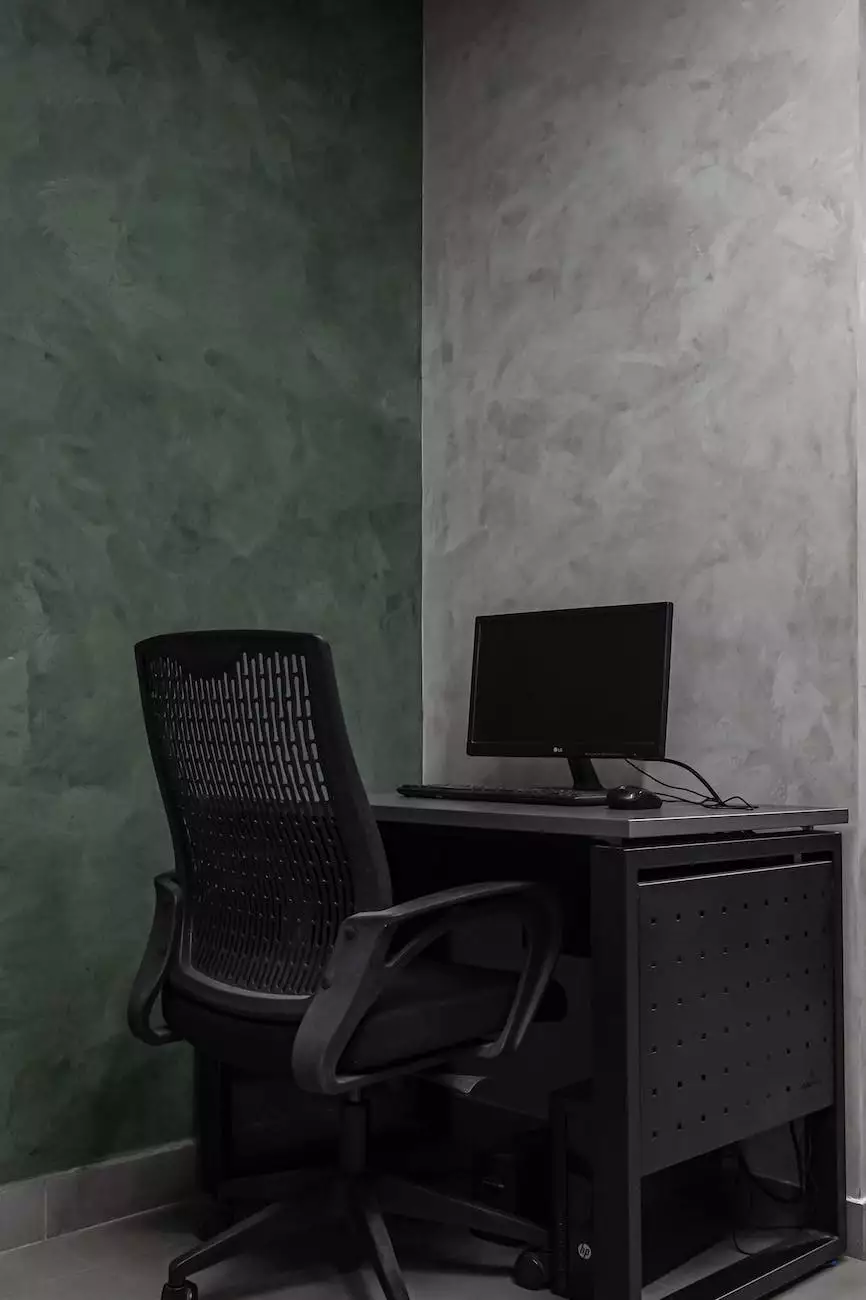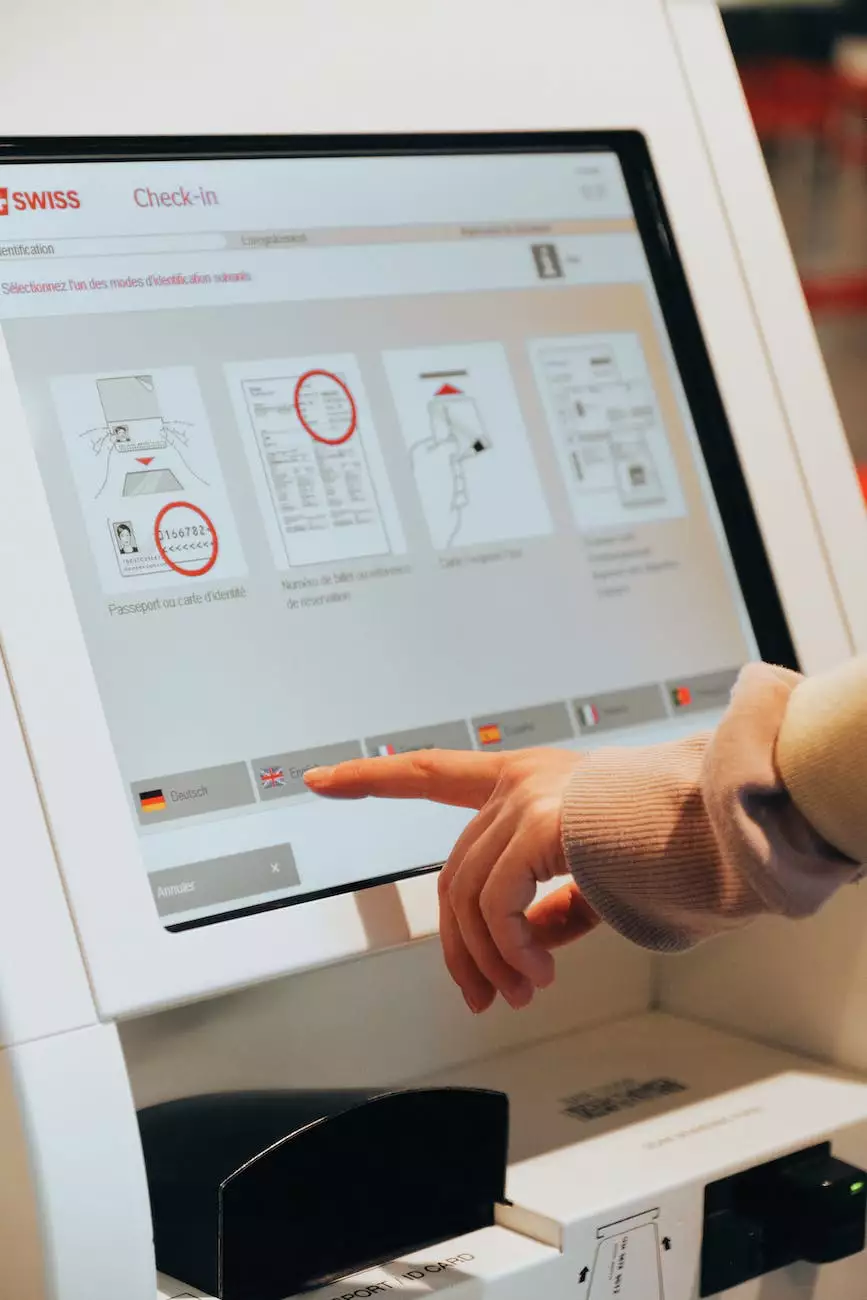How Smart Contacts Could Transform Glaucoma and Diabetes Care

Introduction
Welcome to David J Scholten, OD, PC, where we explore the world of smart contacts and their potential to revolutionize glaucoma and diabetes care. In this article, we will delve into the innovative technology behind these contact lenses and discuss how they can play a transformative role in managing these conditions.
The Rise of Smart Contacts
Smart contacts, also known as smart lenses or electronic contact lenses, are a groundbreaking development in the field of eyewear. These lenses incorporate advanced technology to provide enhanced functionality beyond traditional corrective vision. At the forefront of this technological revolution, David J Scholten, OD, PC aims to harness the power of smart contacts to improve the lives of our patients.
Advancements in Glaucoma Care
Glaucoma is a chronic eye condition characterized by increased pressure within the eye, leading to optic nerve damage and potential vision loss. Traditionally, managing glaucoma involves regular eye exams, medication usage, and intraocular pressure monitoring. However, smart contacts offer a promising alternative for glaucoma care.
The Benefits of Smart Contacts in Glaucoma Care
By integrating sensors and microelectronics into the lenses, smart contacts can continuously measure intraocular pressure, thus providing real-time data about the status of the condition. This information is invaluable in the management of glaucoma as it allows for early detection of any pressure fluctuations and enables prompt intervention to prevent further damage.
In addition to monitoring intraocular pressure, smart contacts can also administer medication directly to the eye. Through controlled drug release mechanisms, the contact lenses ensure optimal dosage and localized delivery of medication, eliminating the need for frequent eye drops and simplifying the treatment process for patients.
Revolutionizing Diabetes Care
Diabetes is a metabolic disorder characterized by high blood sugar levels that can have detrimental effects on various organ systems, including the eyes. Diabetic retinopathy is a common complication of diabetes that can lead to vision loss if not properly managed. Smart contacts offer promising advancements in diabetic eye care.
Real-time Glucose Monitoring
Smart contacts have the potential to revolutionize diabetes care by incorporating glucose sensors into the lenses. These sensors can continuously monitor glucose levels in tears, providing diabetic patients with real-time feedback on their blood sugar levels. This information can help individuals make timely adjustments to their insulin therapy and better manage their overall diabetes control.
Early Detection of Diabetic Retinopathy
In addition to glucose monitoring, smart contacts can also contribute to the early detection of diabetic retinopathy. By using built-in cameras and image processing algorithms, these lenses can capture high-resolution images of the retina, facilitating early diagnosis of any retinal abnormalities. Early detection allows for timely intervention and treatment, reducing the risk of vision loss associated with diabetic retinopathy.
Conclusion
The future of glaucoma and diabetes care looks remarkably promising with the advent of smart contacts. At David J Scholten, OD, PC, we recognize the immense potential of these innovative contact lenses and are dedicated to exploring their applications in revolutionizing the management of these conditions. Contact us today to learn more about how smart contacts could transform your glaucoma or diabetes care journey.










